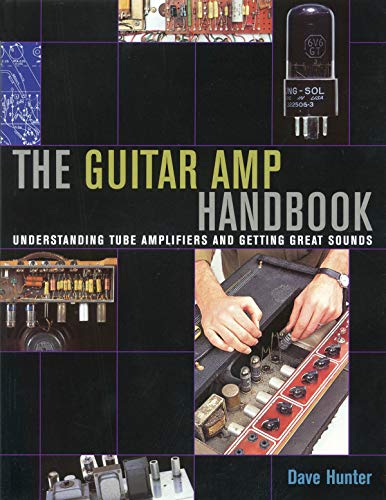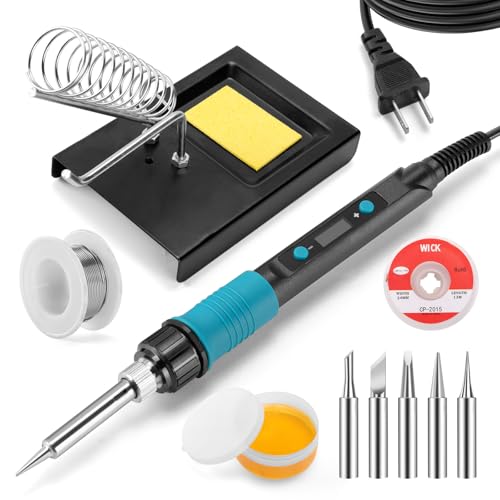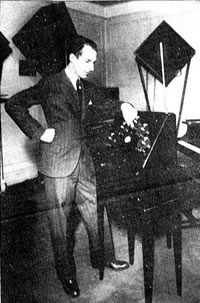If they used 275s elsewhere, then they obviously weren't religeously against paying for 275s. They didn't use 4558s just to be cheap then.
unfortunately there's a lot of posting al over the internet by people who really want things reduced to simple terms (TL072=terrorist=bad... OPA274=freedom fighter=good) and it really isn;t that simple. Sadly the reasons why it isn't simple are even less simple, and as a result they're most often ignored, and the prevailing impression which spreads far and wide over the internet is that you can take any piece of gear, swap the "terrorist" chips out for "freedom fighters", and your new, democratically-goverened Behringer will be a sonic delight.
There are a few instances where early gear used things like 741s because they were new on the scene, and just about any chip will make an improvement. This is because the gear is probably from the days when there were only bad chips to be had!
My guess: -If the gear sounds good to begin with, it's not by accident. (I never met anyone who designed a great piece of gear completely by accident) The designer sounds like he (or she) knows that sometimes you have to use a more expensive chip, and is happy to do it. At a guess, I'd venture to suggest that you might not find any improvement by chip-swapping, although the socketed ICs mean that you are at perfect liberty to try, without having to break out the soldering iron.
If you do find no improvement, can you please post back... It'd be so refreshing to hear back from people that the designer actually got it right for a change... so many people register on forums like this and John Klett's forum and their forst post is "What chips sound better than what I have"... they go away and you never hear from them again... It all contributes to the "people out there are swapping chips and finding improvements" theory, when it usually is just not that simple.
By the way, Studer use 4558s in the audio path of their later 2" machines. There's a lot more half-informed opinion and poorly-tested ideas on the interenet than there are good designers! :wink:
Keith



































